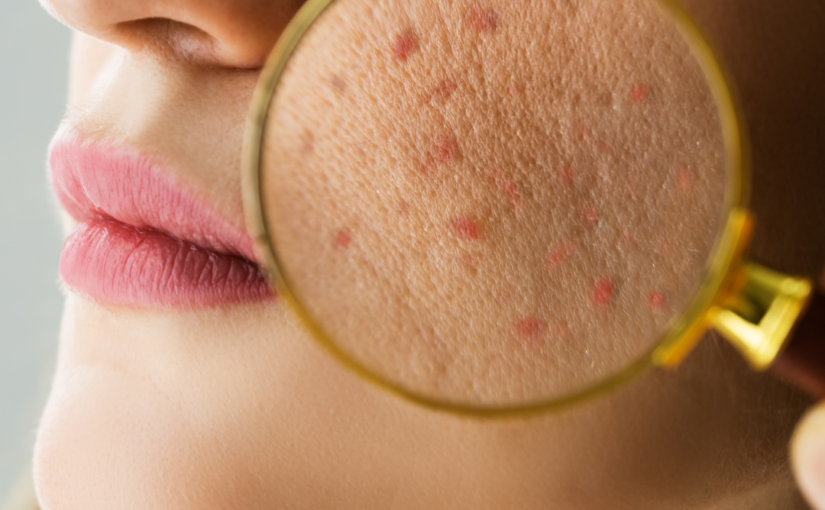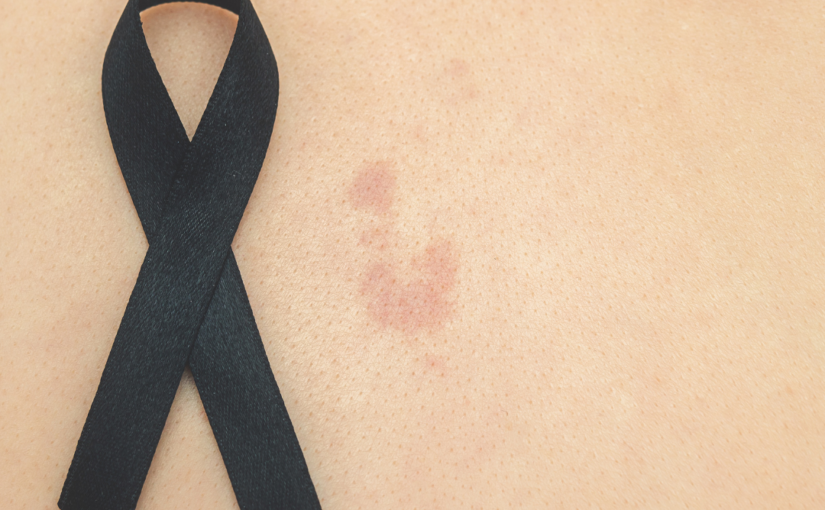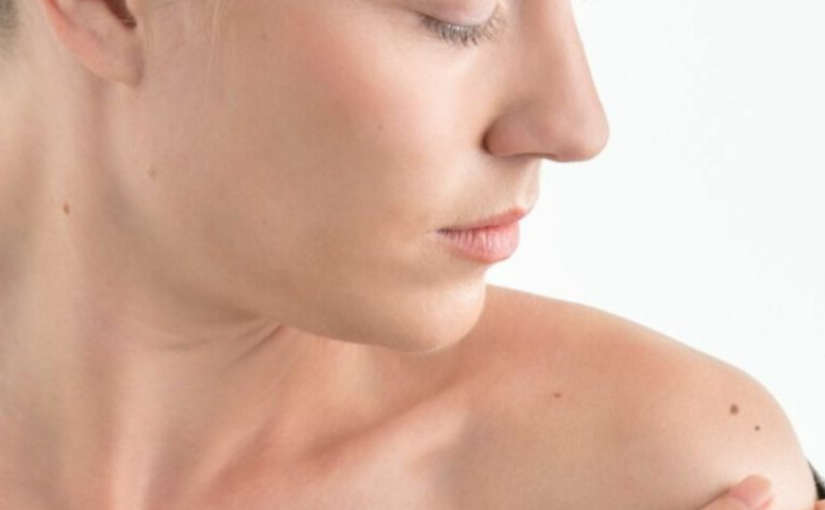June is Acne Awareness Month, and there’s no better time to talk about a skin condition that affects millions—but is so often misunderstood, mistreated, or simply masked. At Re/Skin Clinic in Sheffield, we don’t believe in quick fixes or one-size-fits-all skincare. We specialise in problematic skin, and acne is something we see and successfully treat every single day.
That’s why we’re so excited to announce the launch of our brand-new Acne Reset Programme – a 6-month, all-inclusive program designed to transform not just your skin, but your relationship with it.
✨ Why We Created the Acne Reset Package
Acne is complex. It’s not just about blocked pores—it’s a condition influenced by hormones, gut health, diet, stress, and inflammation. Many of our clients come to us after trying multiple products or medications without lasting results.
They’re frustrated, overwhelmed, and often on the verge of giving up.
That’s where the Acne Reset Programme comes in. We’ve created this programme to offer a completely guided, holistic solution—one that combines expert-led treatments, professional skincare, targeted supplements, and most importantly, ongoing support.
🌱 What’s Included in the 6-Month Acne Reset Package?
This is not your typical “treatment package.” This is a skin transformation journey.
Here’s what you’ll receive:
1. In-Clinic Acne-Focused Treatments
Regular bespoke treatments tailored to your acne type, sensitivity, scarring, and skin condition. These may include a combination of our advanced modalities within the clinic —all designed to calm inflammation, restore skin balance, and support long-term healing.
2. Professional Skincare Regime
We provide the full skincare protocol you’ll need for the entire 6 months. Carefully curated to suit your skin’s specific needs, this eliminates the guesswork and ensures consistency in your routine.
3. Targeted Supplementation
Because internal imbalances often drive acne, we supply the nutritional support your skin needs. These may include supplements for gut health, liver support, hormonal balance, or anti-inflammatory purposes—all assessed and tailored to you.
4. FaceLite LED Home Device – Yours to Keep
This clinically proven LED device helps reduce acne-causing bacteria, calm redness, and accelerate healing—all from the comfort of your own home. It’s an essential part of your in-between treatment support, and a powerful tool for long-term maintenance.
5. Ongoing Support & Coaching
This is where the real magic happens. Throughout the 6 months, you’ll receive:
• Weekly check-ins for accountability and motivation
• Skin scans and progress reviews to track real changes in skin health
• Food and wellness tracking to identify triggers, reduce inflammation, and support healing from the inside out
💡 Who is This For?
If you’re struggling with:
• Hormonal breakouts
• Cystic or inflammatory acne
• Congested skin or persistent blackheads
• Post-acne scarring and pigmentation
• Overwhelmed by skincare advice that doesn’t work
… then the Acne Reset Programme is for you.
This programme is designed for people ready to commit to real, lasting skin change—not quick fixes, but sustainable results. We work with you every step of the way to rebuild your skin barrier, reduce breakouts, and give you the confidence to love your skin again.
💷 Investment in Your Skin Confidence
Everything is included—treatments, skincare, supplements, LED device, tracking tools, and expert care. There are no hidden costs, and no upsells—just real support from a team that understands your skin inside and out.
💬 Why Now?
Because you deserve to feel confident in your skin. Acne Awareness Month is the perfect time to take action, and we’re ready to help you get started.
There are limited places available for this programme to ensure every client gets the one-on-one support they need. If you’ve been waiting for the right time and real support, this is it.
⸻
📅 Book your consultation now to see if the Acne Reset Package is right for you.
📞 Call us on 0114 2362393
Expert care. Real skin transformations. Confidence from the inside out.









